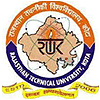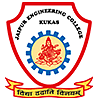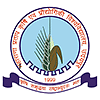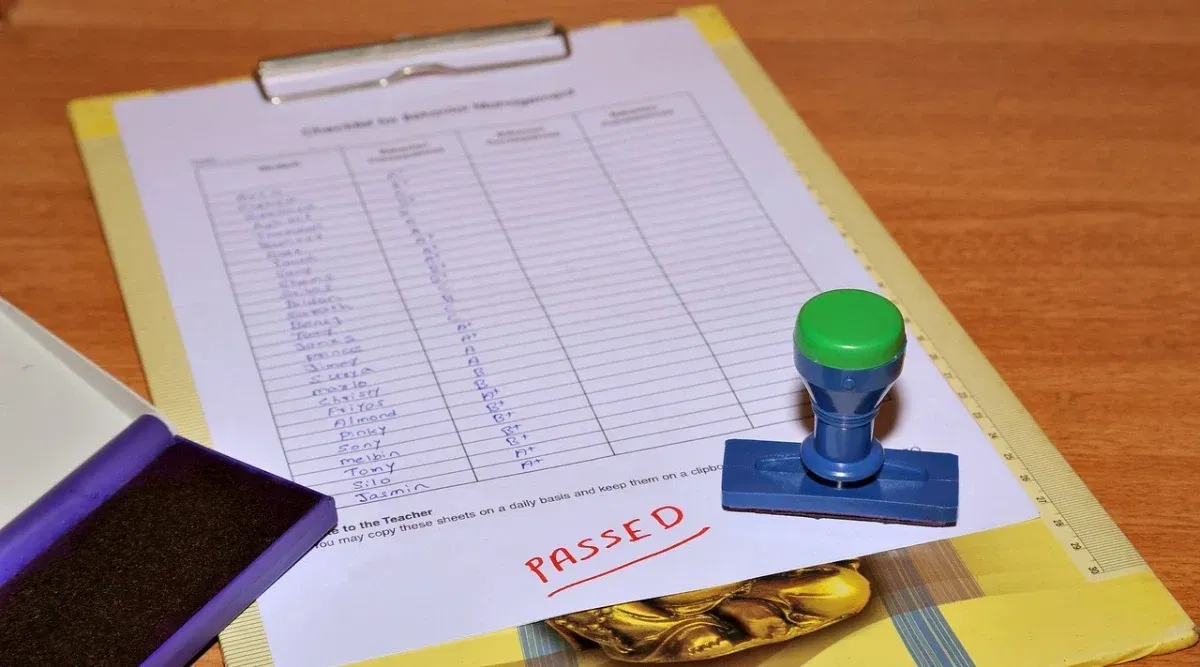RBSE Class 12 Political Science Latest Syllabus 2025-26: Download Latest and Revised RBSE Class 12th Political Science Syllabus PDF
Table of Contents
- Rajasthan Board Class 12 Political Science Syllabus 2026
- RBSE Class 12 Political Science Syllabus: PDF Download
- How to Download RBSE Class 12 Political Science Syllabus
- Key Areas of Focus for RBSE Class 12 Political Science Syllabus
- Best Books for RBSE Class 12 Political Science Syllabus
- Preparation Tips for RBSE Class 12 Political Science Syllabus
RBSE Class 12 political science syllabus includes topics such as Contemporary World Politics, Globalisation, Challenges of National Building, etc. Students preparing for their examinations in the RBSE 2024-2026 academic session should make use of the following updated syllabus for political science class 12.
RBSE Class 12 Political Science syllabus contains basic concepts which entitle students to grasp political theories and India’s political systems as well as international relations.
Rajasthan Board Class 12 Political Science Syllabus 2026
RBSE Class 12 political science syllabus is divided into two parts: Part A focuses on Contemporary World Politics and Part B focuses on the Politics of India Since Independence. This syllabus provides a comprehensive framework for exam preparation, focusing on essential topics and concepts in political science.
Given below is the detailed RBSE Class 12 Political Science syllabus:
Part A: Contemporary World Politics (Total Marks: 40)
- The End of Bipolarity
- The Soviet System
- Gorbachev's rise and the collapse of the Soviet Union
- Causes and consequences of the Soviet Union's dissolution
- Impact on Africa and post-communist states
- Shock therapy and its effects on post-communist regimes
- Contemporary Centers of Power
- Overview of the European Union and ASEAN
- Emergence of new poles in world politics
- Contemporary South Asia
- Political overview of South Asia
- Military vs. democracy in Pakistan
- Democracy in Bangladesh
- Comparative analysis of Nepal's monarchy and democracy
- Ethnic conflict and democracy in Sri Lanka
- India-Pakistan conflicts and relations with neighboring countries
- International Organizations
- Functions and evolution of the United Nations (UNO)
- Reforms of the UNO post-Cold War
- India's position on UNO reforms
- Security in the Contemporary World
- Traditional and postmodern perceptions of security
- New sources of threats and India’s security strategy
- Environment and Natural Resources
- Environmental factors in international relations
- Global commons protection and common property resources
- India's stance on environmental controversies
- Globalization
- Concept, causes, effects, and India’s role in globalization
- Resistance to globalization and India’s response
Part B: Politics of India Since Independence (Total Marks: 40)
- Challenges of Nation Building
- Problems faced post-independence
- Impact of partition and rehabilitation efforts
- Incorporation of small kingdoms and state rediversification
- Era of One-Party Dominance
- Challenges in democracy building
- Legislative control during the first three general elections
- Emergence of opposition parties
- Politics of Planned Development
- Development strategies and early political struggles
- Overview of the First Five-Year Plan
- India’s External Relations
- Historical background of foreign policy
- Non-alignment, peace initiatives with China, and nuclear policy
- Challenge to and Restoration of the Congress System
- Political succession issues
- Events surrounding the Fourth General Elections and the split in the Congress party
- The Crisis of the Democratic Order
- Origins and implications of the 1968 Emergency
- Political landscape in the post-emergency phase
- Regional Aspirations
- Issues related to Jammu and Kashmir, Punjab, and the Northeast
- Movements for regional self-determination
- Recent Developments in Indian Politics
- Political changes in the 1990s
- Rise of Other Backward Classes (OBCs) and the Mandal Commission
- Interplay of communalism, secularism, and democracy in India
RBSE Class 12 Political Science Syllabus: PDF Download
Candidates can click on the link below to download the complete RBSE Class 12 Political Science syllabus PDF for the 2026 session:
|
RBSE Class 12 Political Science Syllabus PDF |
How to Download RBSE Class 12 Political Science Syllabus
Students can download the RBSE Class 12 Political Science syllabus PDF by visiting the official website. Follow the steps below to download the RBSE Class 12 Political Science syllabus:
- Step 1: Visit the official RBSE website: www.rajeduboard.rajasthan.gov.in
- Step 2: Navigate to the ‘Syllabus’ section.
- Step 3: Select ‘Class 12’ and then choose ‘Political Science’.
- Step 4: Click on the download link to save the PDF file.
Key Areas of Focus for RBSE Class 12 Political Science Syllabus
The RBSE class 12 political science syllabus sections carry 40 marks each. Tabulated below is the section-wise RBSE Class 12 political science syllabus weightage:
|
Part A |
Marks |
|
The End of Bipolarity |
6 |
|
Contemporary Centers of Power |
6 |
|
Contemporary South Asia |
6 |
|
International Organizations |
6 |
|
Security in the Contemporary World |
6 |
|
Environment and Natural Resources |
6 |
|
Globalization |
4 |
|
Total |
40 |
|
Part B |
Marks |
|
Challenges of Nation-Building |
6 |
|
Era of One-Party Dominance |
4 |
|
Politics of Planned Development |
2 |
|
India’s External Relations |
6 |
|
Challenges to and Restoration of the Congress System |
4 |
|
The Crisis of Democratic Order |
4 |
|
Regional Aspirations |
6 |
|
Recent Developments in Indian Politics |
8 |
|
Total |
40 |
Best Books for RBSE Class 12 Political Science Syllabus
RBSE Class 12 Political Science syllabus books incorporate the new syllabus and contain elaborate explanations of all the matters.
- NCERT Class 12 Political Science Textbook Part I and Part II – NCERT Latest Seit and Third Edition
- Indian politics since independence Bipan Chandra 4th edition
- Contemporary World Politics – Shashi Shekhar Author name 5th/6th Edition
- Rajasthan Board Class 12 Political Science: RBSE Guide Publications Class XII (Latest Edition)
Preparation Tips for RBSE Class 12 Political Science Syllabus
Here are some personalized tips to help you prepare for the RBSE Class 12 Political Science exam:
- Focus on Key Chapters: Focus on high weighting chapters that include chapter three, ‘Cold War’, chapter four, ‘Globalization’, and chapter five, ‘Challenges to Nation building’.
- Understand Concepts: Avoid rote learning. Political Science does involve much knowledge of theories and concepts.
- Answer Writing Practice: One should exercise on both long and short-form answers so that when you are in the exam hall you don’t spend too much time figuring out how to answer each question.
- Current Affairs: It also means to pay much attention to political events around the world as it can be useful when studying concepts such as globalization and international relations.
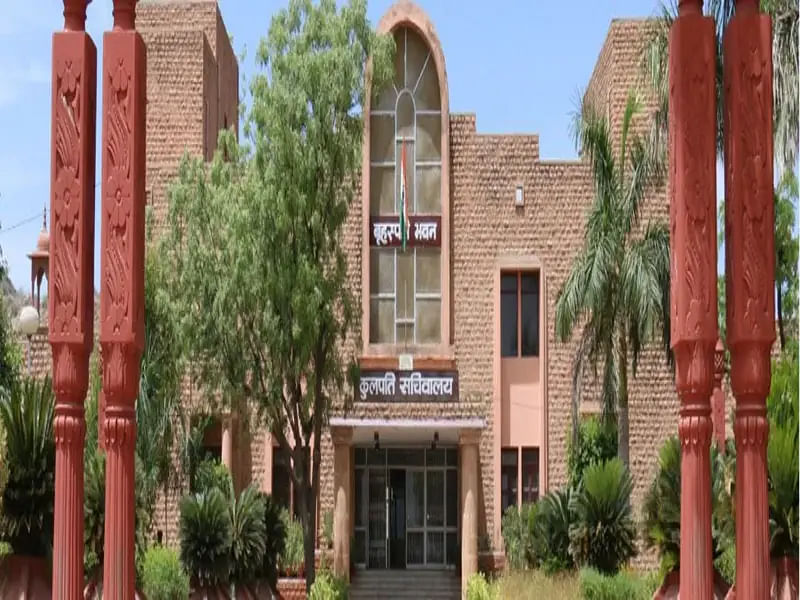
![Maharshi Dayanand Saraswati University, [MDSU] Ajmer](https://media.getmyuni.com/azure/college-image/small/maharshi-dayanand-saraswati-university-mdsu-ajmer.webp)
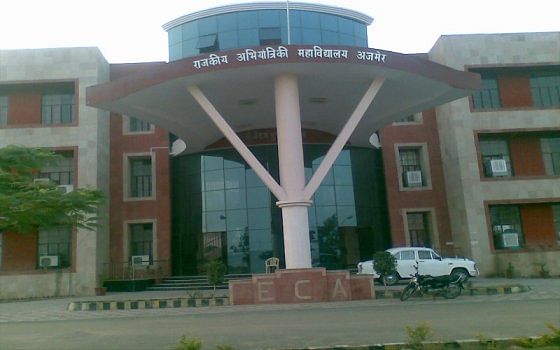

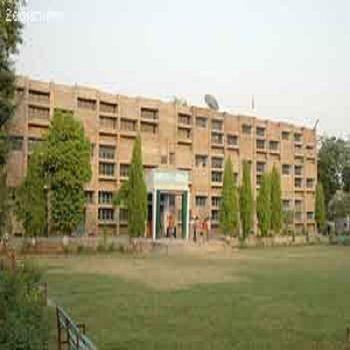

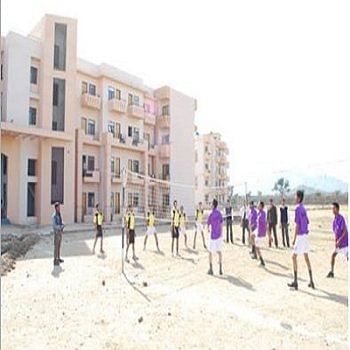
![Ajmer Institute of Technology, [AIT] Ajmer](https://media.getmyuni.com/azure/college-image/small/ajmer-institute-of-technology-ait-ajmer.jpg)
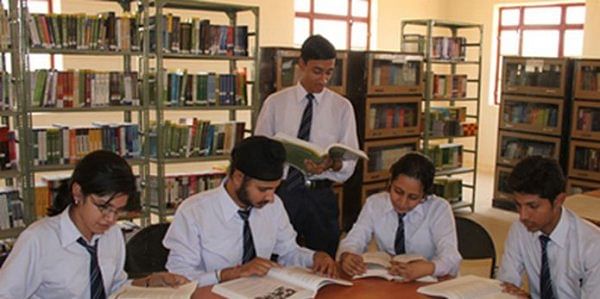
![Aryabhatta College of Engineering and Research Centre, [ACERC] Ajmer](https://media.getmyuni.com/azure/college-image/small/aryabhatta-college-of-engineering-and-research-centre-acerc-ajmer.jpg)




